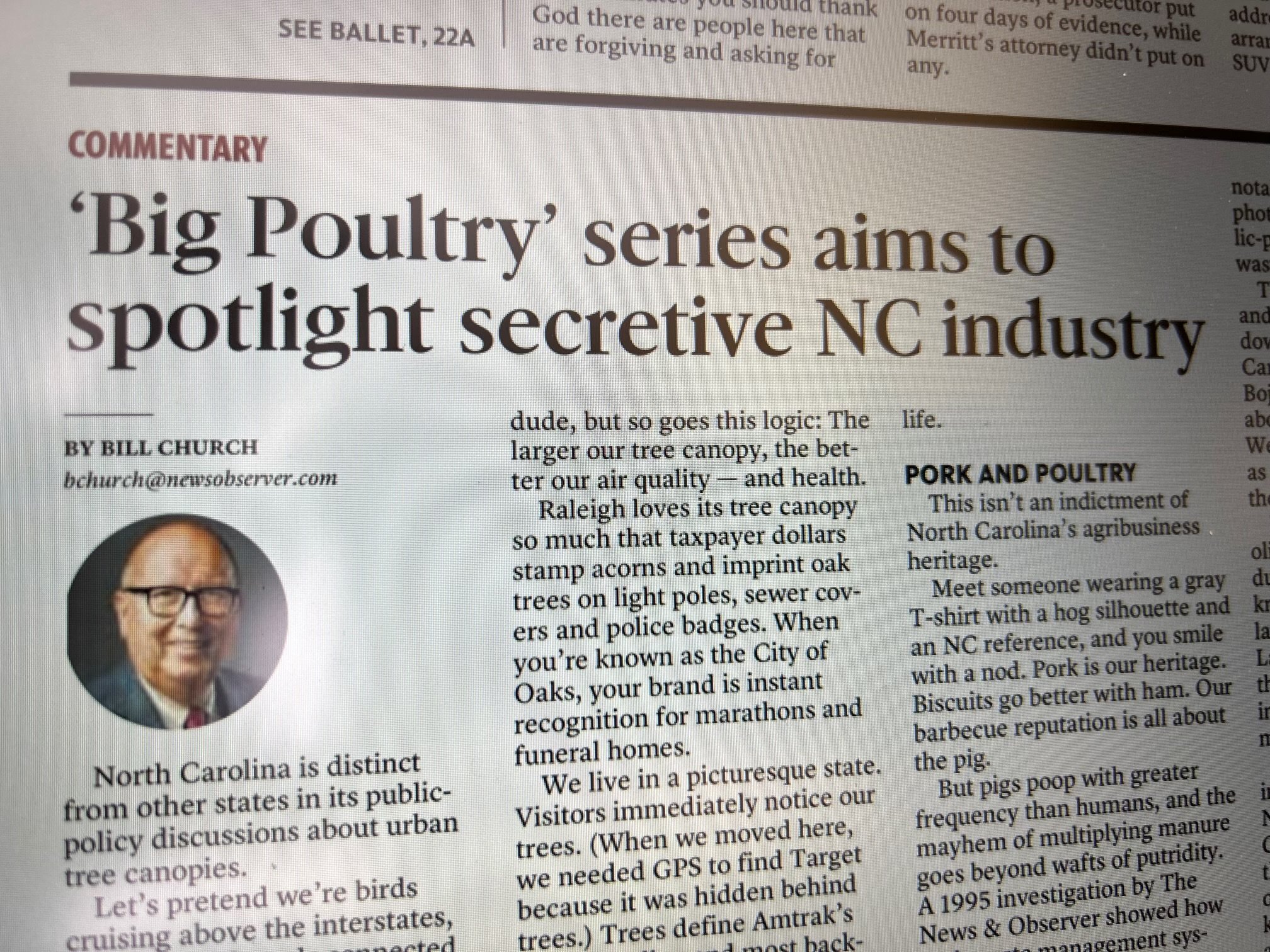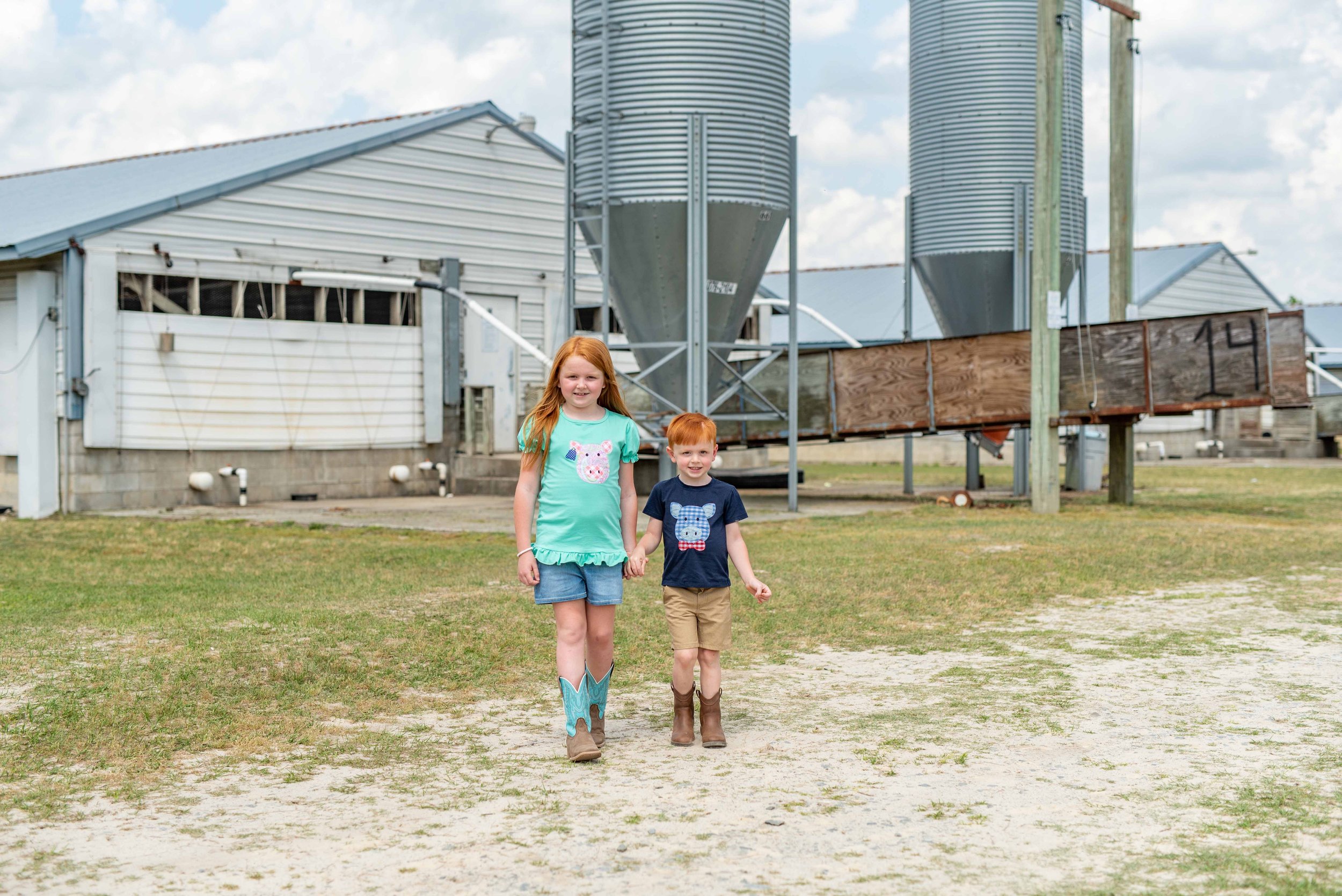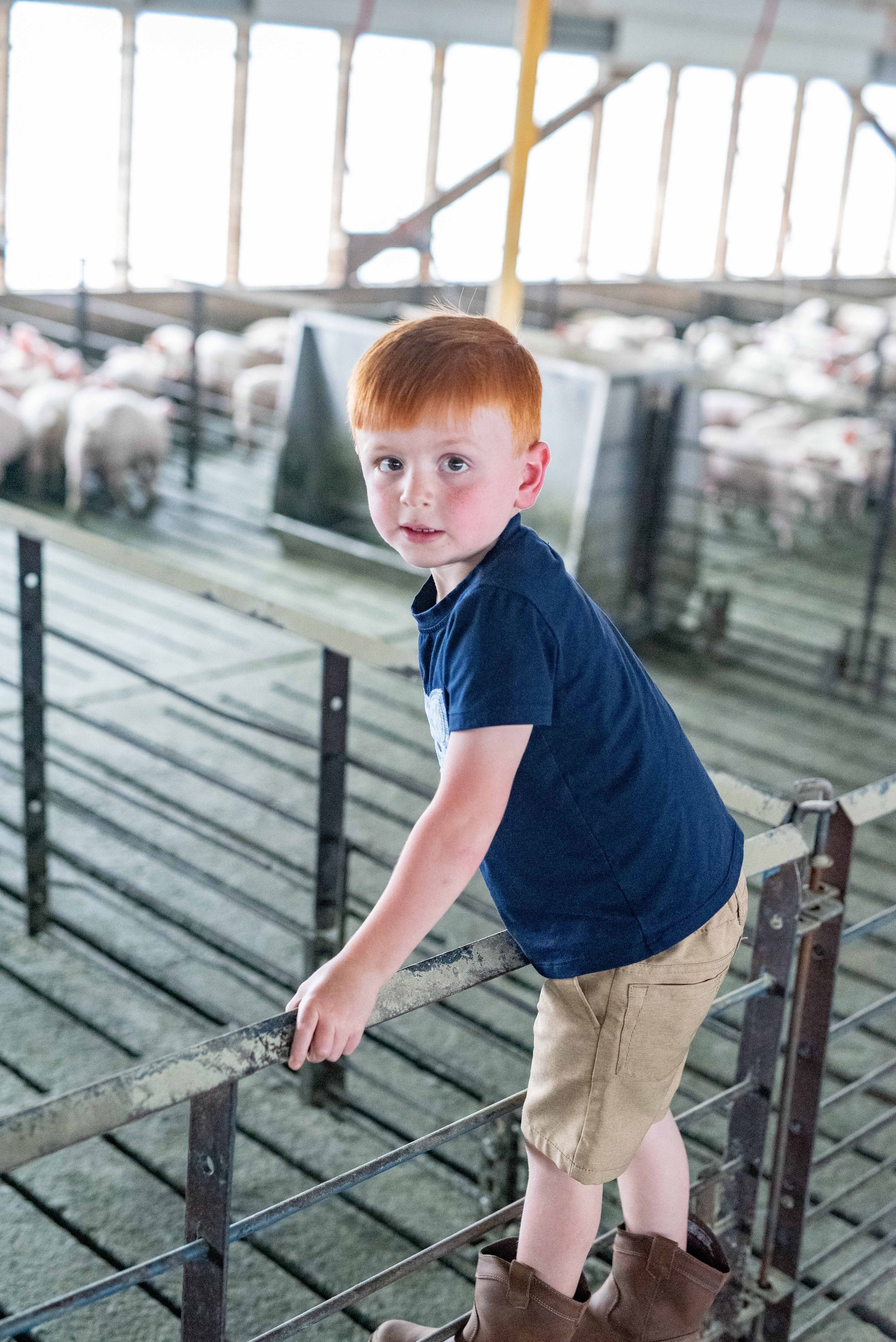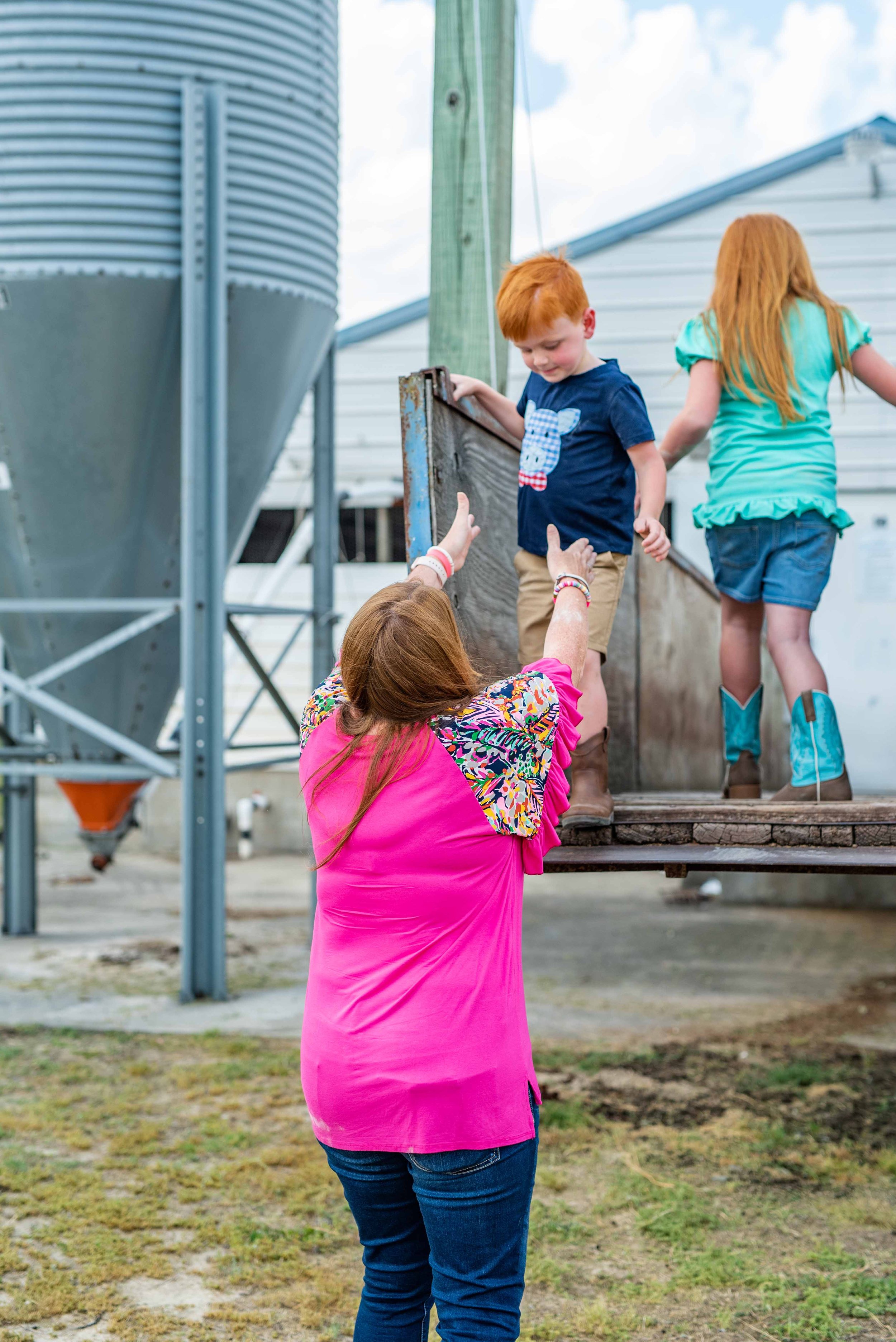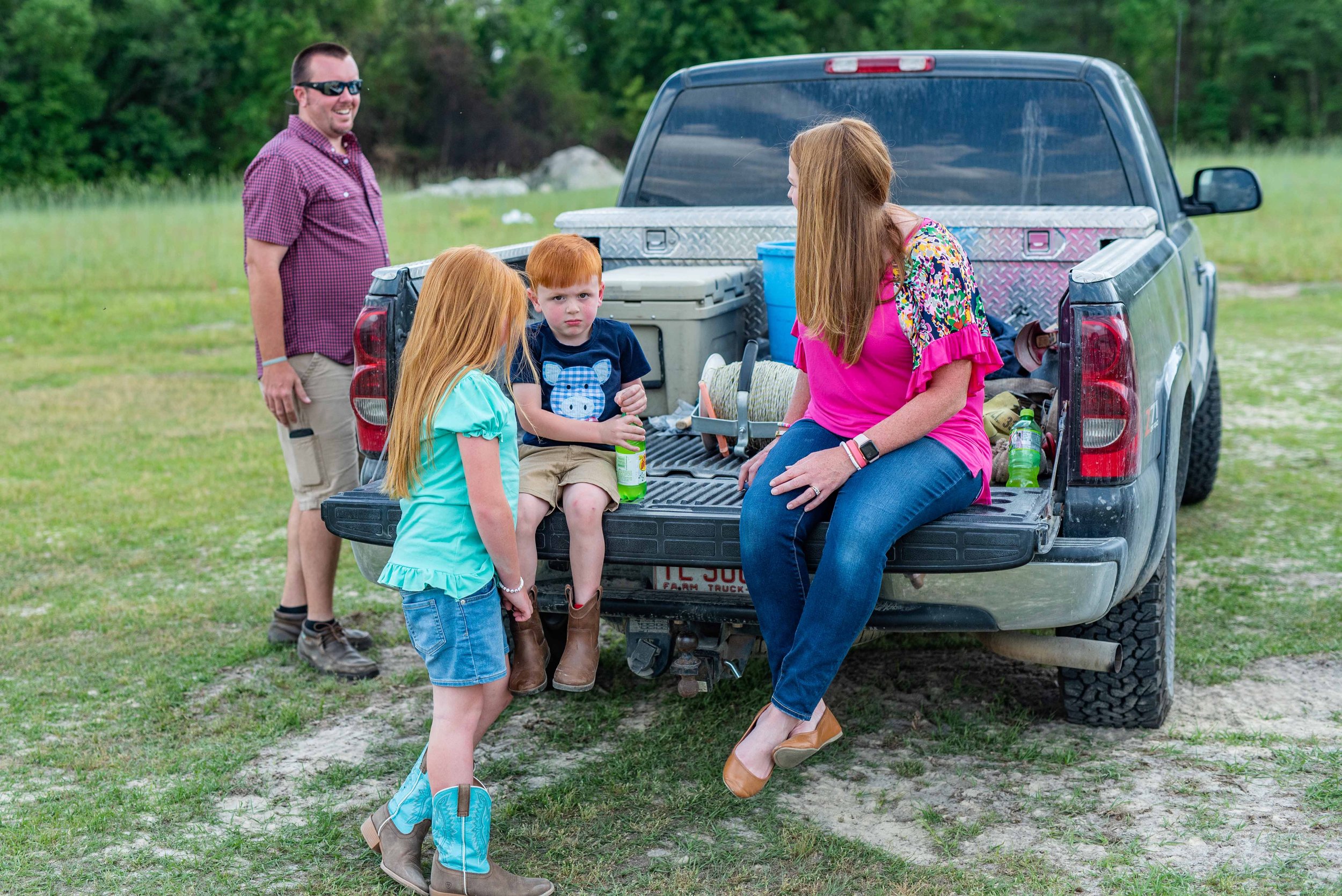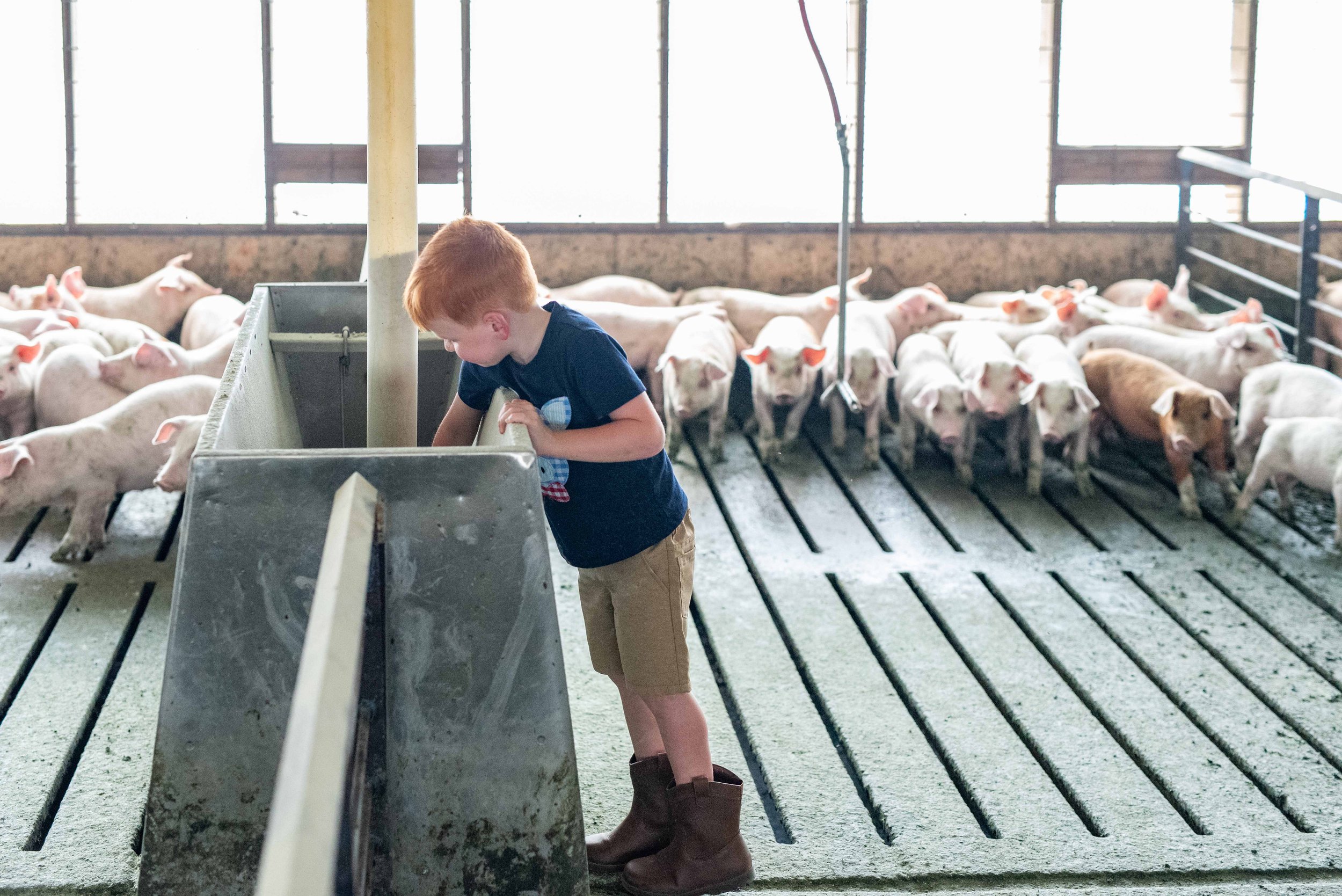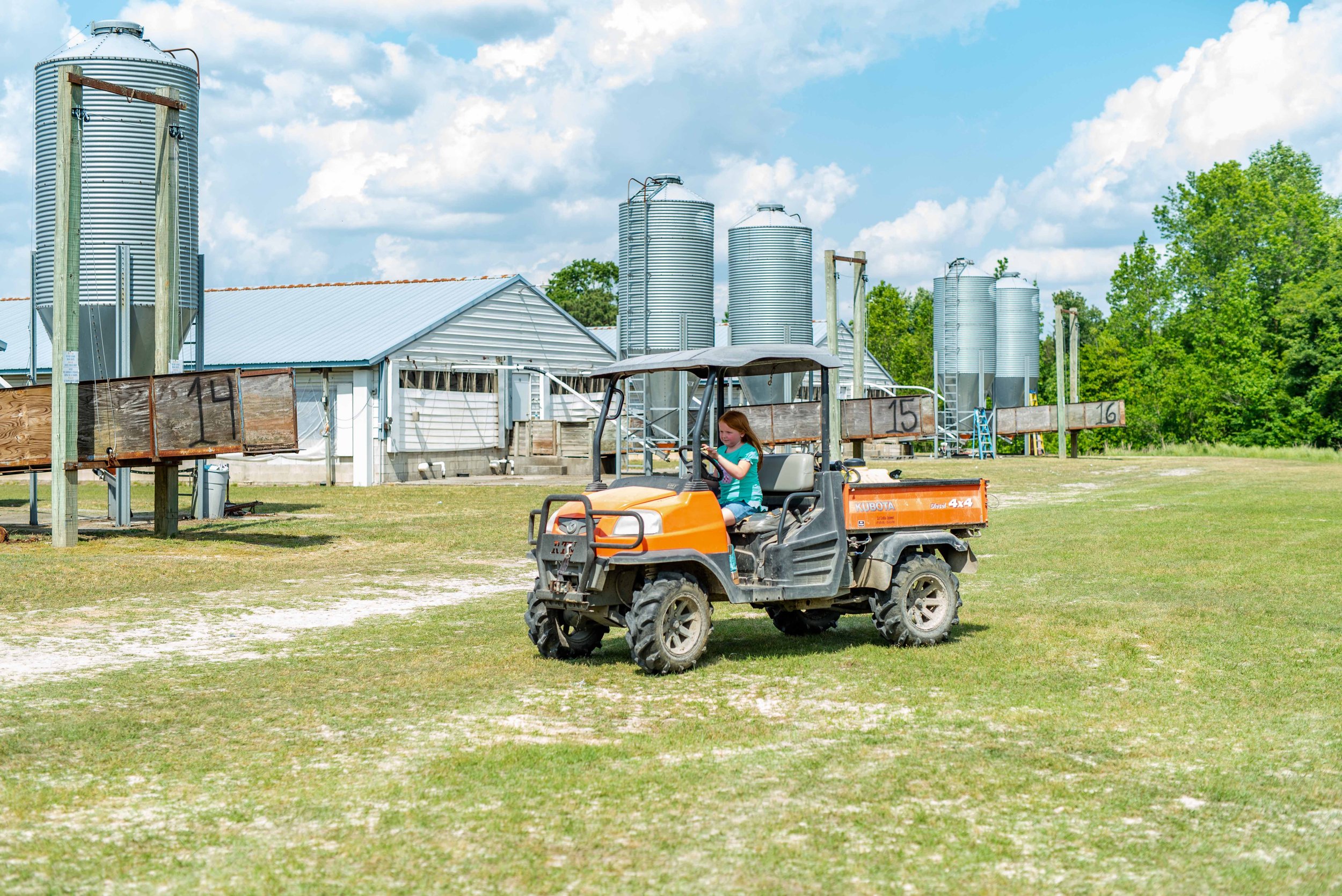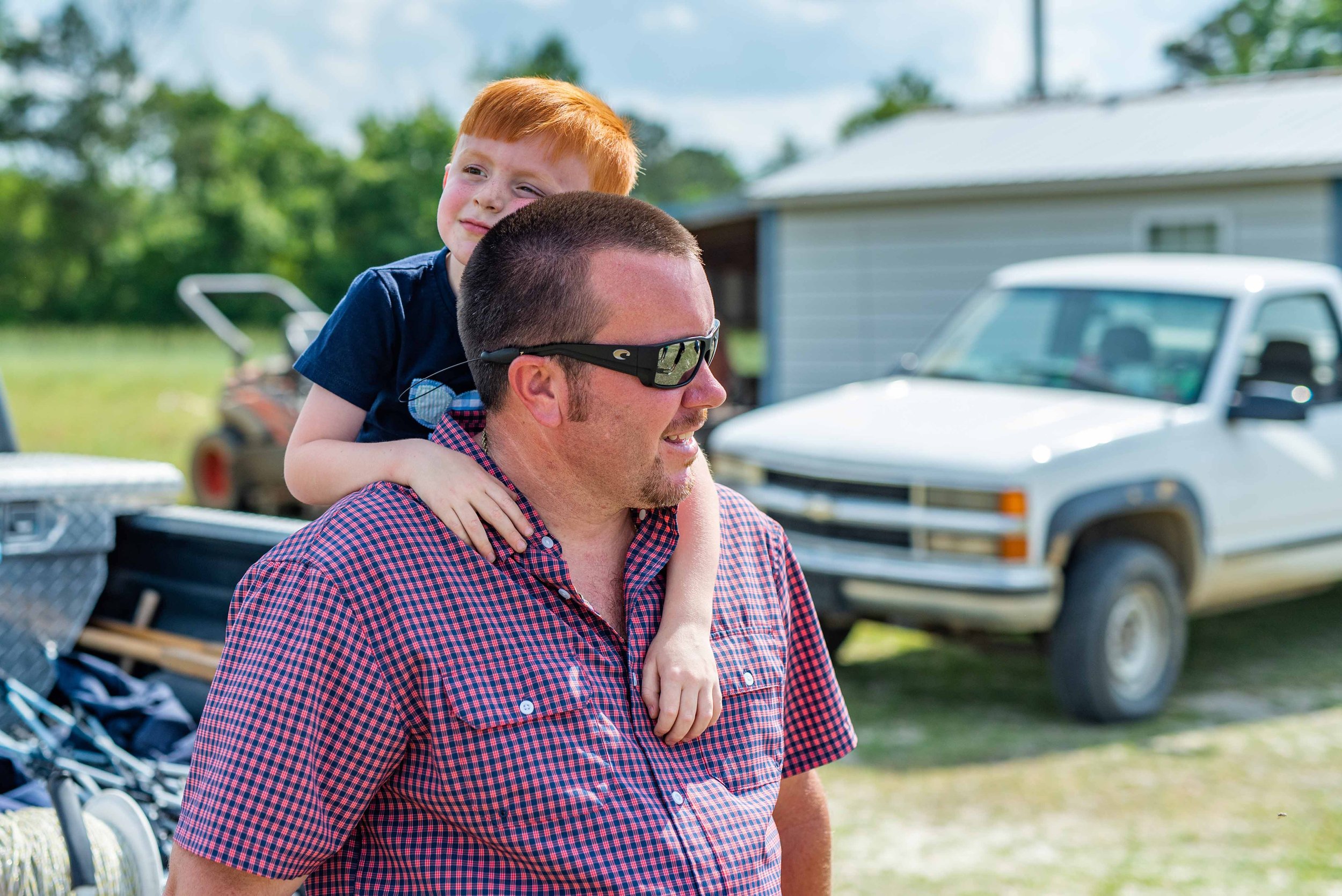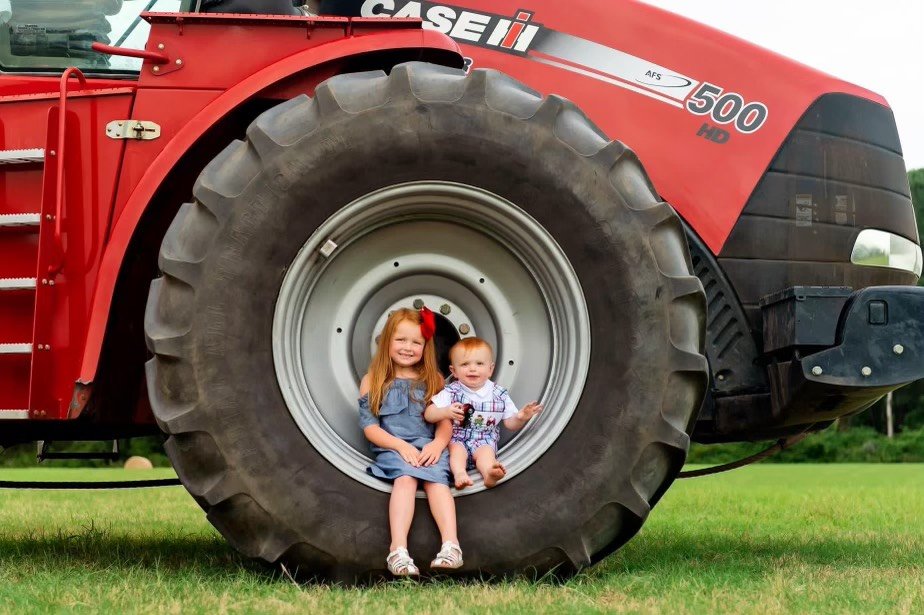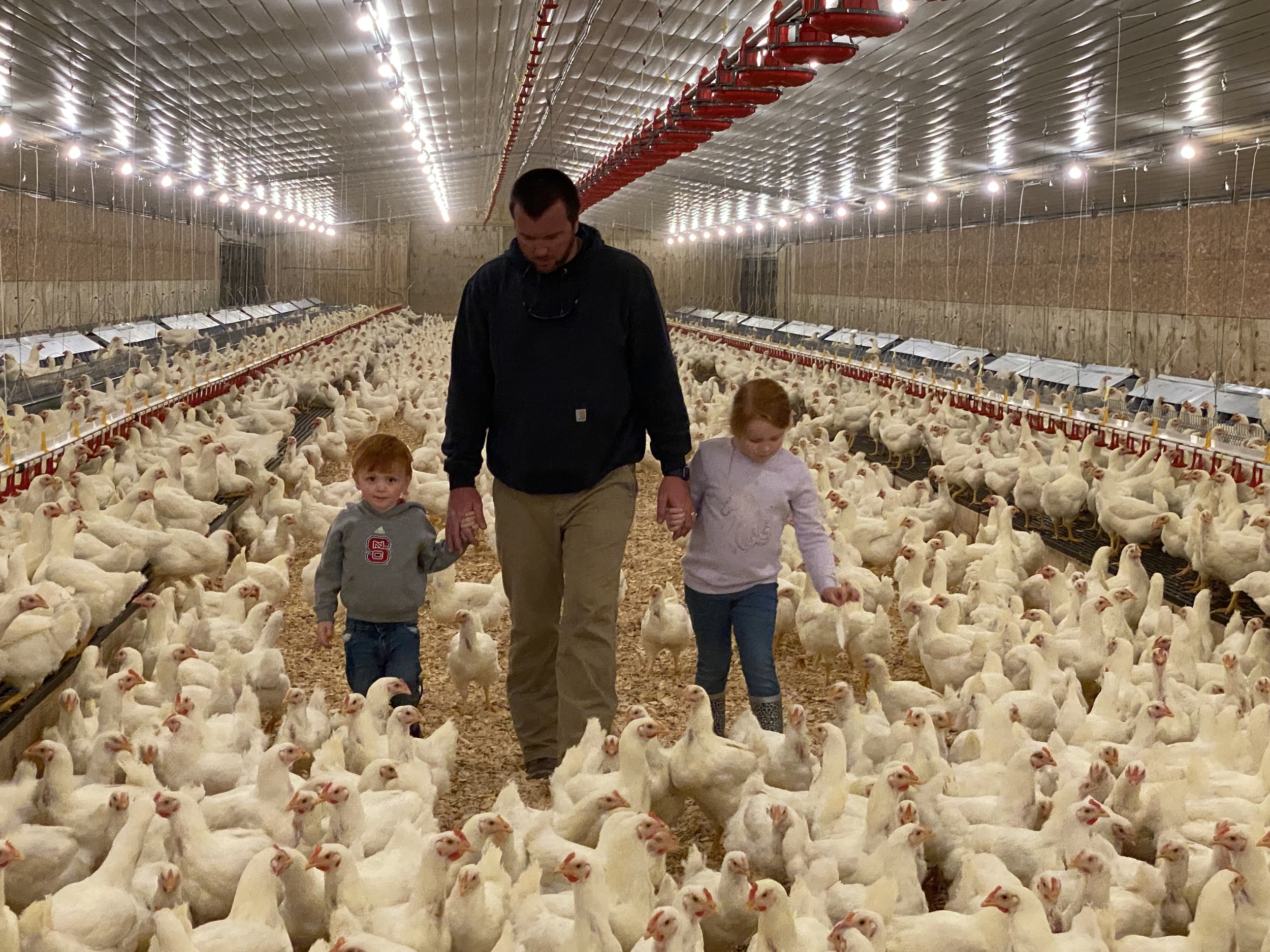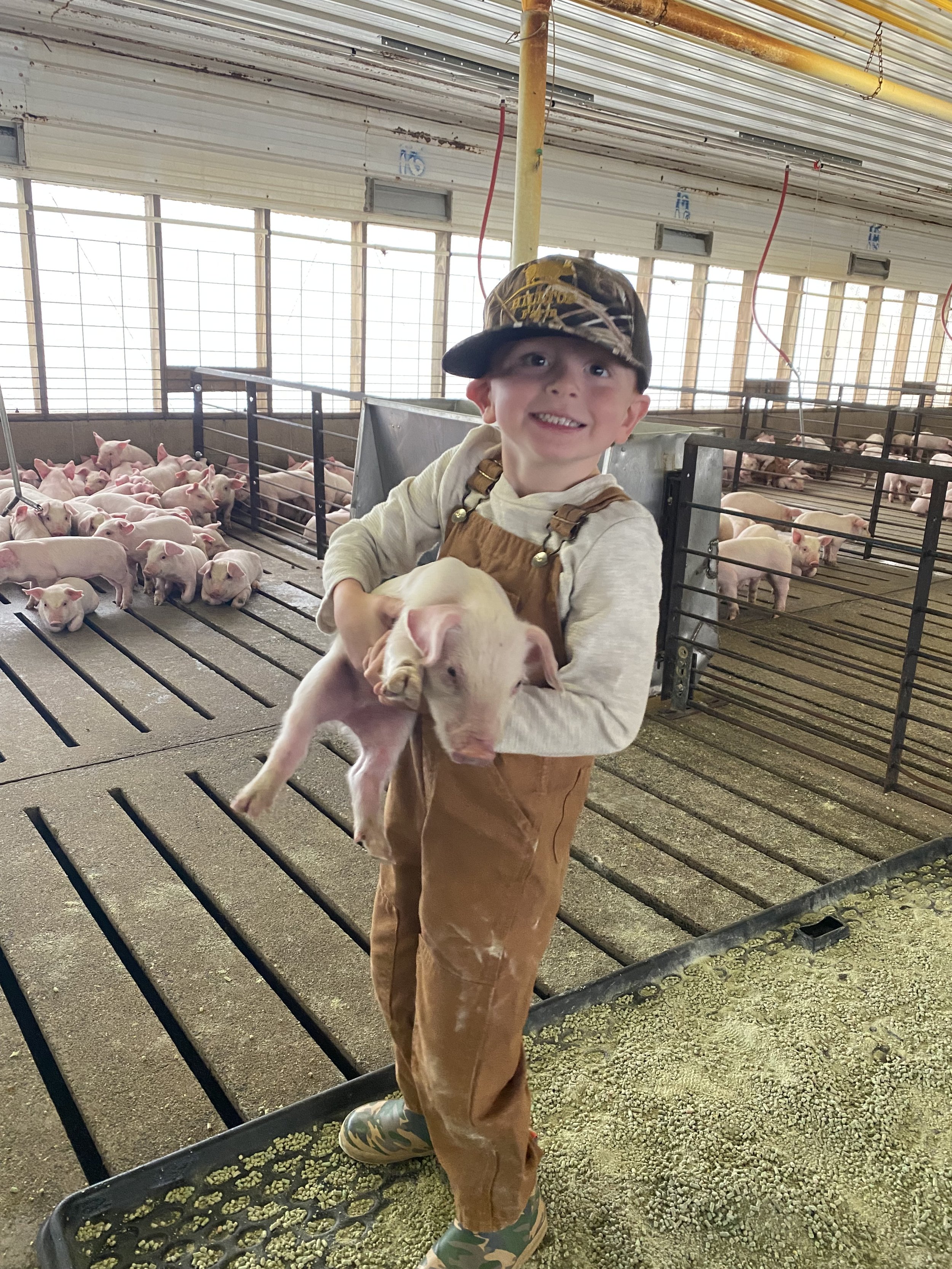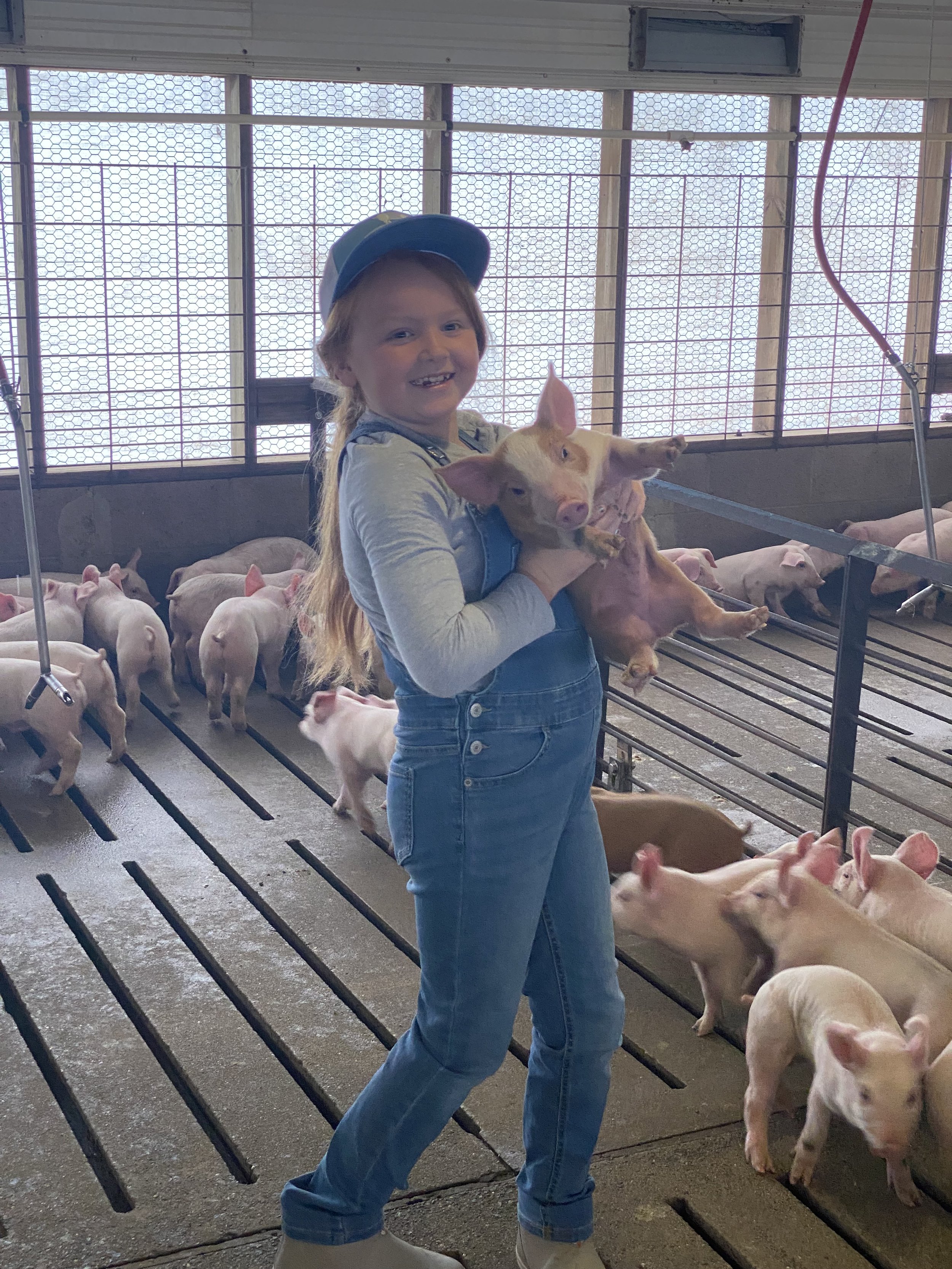In this story:
Recent media attack on agriculture targeted poultry industry
Articles claimed poultry industry is clouded in secrecy (it’s not), but there’s more to the story.
Articles were funded by grant from special interests.
Grant application submitted by media detailed what the story would look like — months before it was written.
Media executives refuse to share outlines they submitted to get money for the predetermined stories.
Who’s being secretive now?
About this time one year ago, some of the writers and editors at the state’s two largest newspapers were zeroing in on how to launch a new attack against agriculture – and our rural communities.
They were focused on poultry.
To be more precise, they focused in on what they called “Big Poultry,” and their stories would be published in a series of articles that ran back in December with big headlines and a steady drumbeat on social media.
The extremists who oppose animal agriculture have pointed with pride to their role in publication of the stories. Since then, they have been urging their policy allies to use these stories as cover to enact more regulations. (Surprise!) Meantime, it’s contest season in the journalism world and the writers are surely seeking prize recognition for what they did.
The NC Ag Partnership has rightly pointed out that one of the writers of those stories is funded by a special interest group called 1Earth Fund, raising serious conflict of interest questions. You can read more on that here and here.
But it turns out there’s even more to this story.
We wanted to share that with you, starting with the curious timing of how all this unfolded – and the surprising results of our attempts to learn more. Read on.
We start with yet another source of outside money: Google.
You may not be aware that Google is now providing money to news organizations through various means, such as by financing journalism grant funding programs at private universities. (The money is part of Google’s own efforts to curry favor with the very news organizations it has helped to decimate by changing the competitive landscape for advertising.)
Documents we obtained show that the North Carolina newspapers, as they were looking to attack poultry last year, went for the Google money that was available from a grant program administered at the elite Northwestern University in Chicago.
The deadline to apply for the money was April 8, 2022.
The newspapers did apply.
This is where it gets interesting.
What was required for them to get the money? The program documents spell it all out.
“Applications should be drafted with a specific investigation in mind,” the project’s overseers explained. “(A)wards are not intended for general capacity-building or training. The investigation should be substantially based on documents or other datasets and should be plausibly aimed at publication within the next 12 months.”
Specifically, to get the money, the North Carolina newspapers were required to send in a single PDF with a substantial amount of information and outline.
This is exactly what the newspapers were requested to provide:
Story memo: A description of the investigation in no more than 3000 characters. This section should focus on the news value of the investigation. It should also describe the expected publication output.
Data/methodology brief: A description of the documents and/or data relevant to the investigation, in no more than 3000 characters. This section should touch on how the source material might be obtained and analyzed, including an honest assessment of risks. What kind(s) of technical support would you want or need to complete this project?
Budget estimate: A roughly itemized breakdown of what the project will cost to complete, including which parts the … award will be used to fund. Include relevant information about other sources of support, whether from other funders or from your organization.
Timeline: A breakdown of the main phases of the project and how long each is expected to take, and a rough target publication date.
It’s astonishing, but it’s clear as day: Their story had to be all laid out in advance in a PDF.
It was announced a couple months later, in June, that the North Carolina newspapers got the Google money to “do the types of investigative work that can bring about meaningful change in their communities.”
Pause there and ponder that statement for a second.
You are reading the announcement that Silicon Valley money is being funneled through a private elite university in Chicago to pay the big-city newspapers in Raleigh and Charlotte to launch a broadside against the economic health of, and industry supporting, our state’s rural communities.
That’s rich. But it’s not our entire focus here for today.
What we’re interested in here is pretty simple.
What exactly was in that 3,000-character “story memo” sent by the newspapers to Chicago last April?
What exactly was in that 3,000-character “data/methodology brief” with an “honest assessment” of risks they sent to Chicago?
What was in their budget estimate and what about that timeline?
Because it’s of interest to us to better understand how these misguided campaigns of misinformation happen.
These are campaigns that are designed to hurt agriculture and aim at the rural communities we support.
These campaigns are precisely what foster misunderstanding about modern agriculture because, as you know, we don’t stand a chance with writings that rely on special interests with agendas against agriculture – especially when they are all designed in advance.
Of course, we do have a notion of what was in the PDF that they sent off to get the money. That’s because the newspapers published it in the series they called “Big Poultry” and it quoted from all the usual suspects of anti-agricultural groups and rehashed well-plowed ground.
One of the key findings of the stories, as explained by one of the lead writers in a follow up story and by the editor of the News & Observer in a column, was that the poultry industry in North Carolina is “secretive.”
Indeed, their coverage has hammered on this notion – saying poultry is “cloaked in secrecy,” that it’s a “secretive industry,” and that it’s a “secretive enterprise.”
The top editor, in his column, even questioned why “tree canopies” are protecting “hidden farm life.” (You can’t make it up!)
“Our journalists,” he wrote, “spent more than a year, from concept to publication, trying to understand the level of secrecy and why.”
The series, he wrote to his readers in Raleigh and Charlotte, was especially important because it “focuses on the secrecies that block you and other North Carolinians from knowing where poultry farms are located…”
Hammering down on this secrecy assertion may curry favor with journalism prize judges – and attract grant funding from folks in Chicago – but it’s certainly laughable otherwise.
If you want to know where poultry farms are in your community, all you need is… Google. There is a thing called Google Maps and there’s another thing called Google Earth… and there are any number of other programs like those. And what they do is show you a satellite view of every inch of the Earth, and often a view from the street as well. Surely, these big-city reporters know that.
Another key “finding” of the series against poultry was that 690,000 people live within a mile of a poultry farm. Of course, in a fast-growing state, we have certainly seen our fair share of encroachment.
But the idea that poultry farms are hiding from nearly three-quarters-of-a-million people is ridiculous. Want to know where a poultry farm is? It’s in your pocket, on your phone.
What this really amounts to is an attempt to create an issue – one where the media and the activists like to tag-team. If they can make an issue about the ever-nebulous concept of “transparency,” then they slide a nose under the tent on the pathway to so much regulation that, well, the next thing you know they’re calling a puddle of water somewhere a navigable waterway that should be regulated. (See: WOTUS)
This is just dressing up an effort at regulation… but all in the name of “transparency.” Who could be against that?
What they can’t recognize or ever admit is that more regulation drives the family farmer out of farming.
The special interests and their media enablers from the big cities promote greater regulation while simultaneously raising concern about consolidation in farming – without ever seeming to understand how interconnected the two truly are. But that’s what you get from Silicon Valley, Chicago, Raleigh and Charlotte on farm policy.
Back to our effort to understand how this all came about.
Recall an important fact: The big-city newspapers in our state designed and hatched these stories about “secrecy” in poultry last spring and then published them many months later, at the onset of winter.
We went to the editor who was in charge of all this, and asked that he please share with us the PDF that outlined what they intended to do in exchange for the money.
We sent a letter on Thursday, January 5, 2023.
No reply.
We sent a second request on Thursday, January 12, and a third on January 27.
Still no reply.
We reached out a final time on February 8, 2023.
Yet again, no reply. Not a word.
OK. We give up – the media stonewall works.
We are sad to report that our attempt to determine once and for all whether that “Big Poultry” series of articles was an honest effort rooted in fairness – or whether it was all pre-designed and pre-ordained – will likely remain, well, a secret.


